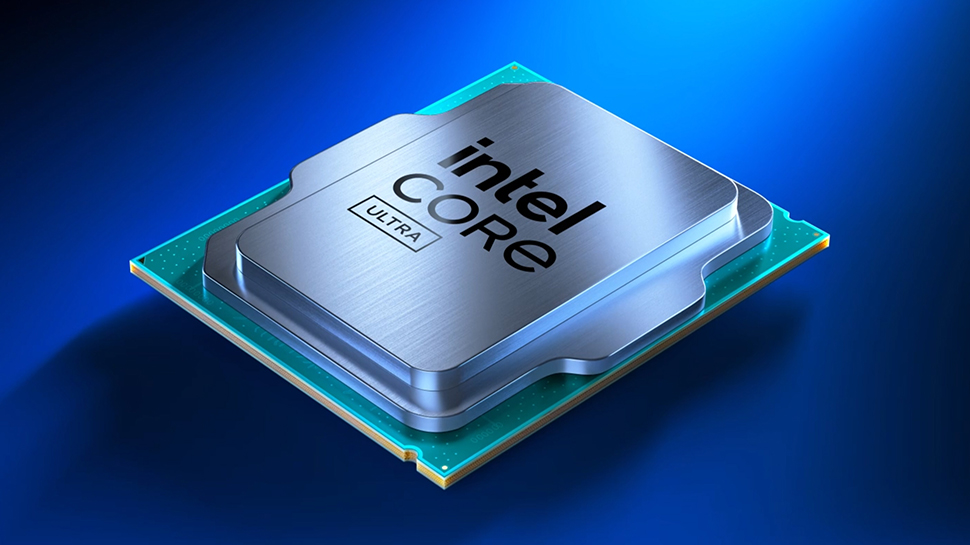All signs point to Intel being ready to deploy Lunar Lake CPU’s secret weapon for laptop gamers
Clever adaptive sharpening filter will not just benefit PC gamers, but photographers too

Intel Lunar Lake CPUs for laptops look set to get a nifty capability which has been previously leaked, one that PC gamers will be keen to see realized – and others besides.
This is the adaptive sharpening filter that was spotted earlier this year, a feature for Lunar Lake’s Xe2 integrated graphics (Battlemage). As we explained at the time, this is an intelligent sharpening system – not just for PC games, but also photos – which sharpens up an image where it’s needed and leaves other areas alone.
Phoronix.com keeps tabs on all things Linux with some tenacity and picked up on Intel now readying Linux for this feature to go live via new patches that have been recently deployed (with graphics driver support already in place).
In short, all the building blocks are being slotted neatly together, and it seems like the adaptive sharpening tech is really happening with Lunar Lake.
This sharpening system is judiciously applied, as noted, so for example it’ll sharpen, say, a character in the foreground, while not sharpening background grass or trees – elements that might look odd when artificially sharpened.
The idea is to achieve a more natural look for the end result, without over-sharpening areas of the image that don’t need it – and as a result of applying less overall work, it’ll be more efficient too. (And therefore easier on the laptop battery, which is especially important given the kind of premium thin-and-light laptops that Lunar Lake will find a home in).

Analysis: Lunar landing looking sharp
Why are we excited about this? Well, we were worried that if Intel had trouble getting the tech to work well, that it could perhaps fall by the wayside – or get pushed back to a future generation of silicon – but it now looks pretty certain that the implementation is happening with Lunar Lake CPUs (which arrive later this year).
Get daily insight, inspiration and deals in your inbox
Sign up for breaking news, reviews, opinion, top tech deals, and more.
However, some of the more naysaying inclined out there might still be thinking: don’t we have enough upscaling features, or image sharpening tricks, at our disposal already? How much is too much, after all?
Well, that’s true to a certain extent, and maybe it can be a bit confusing for some to see all these various takes on the same basic idea (though upscaling and sharpening are very different in the way they work, it should be noted – but both seek to improve the end image quality). Ultimately, though, these are all pieces of tech you can use – or not – and in this particular case, Intel’s adaptive sharpening filter can also be applied to photographs or other images, as noted. This broader application is part of why we’re keen to see this Intel concept come to fruition.
While the filter uses the integrated Xe2 GPU we wouldn’t be surprised if the feature didn’t also rely on the NPU to bring AI chops to sharpening workloads in some way – as part of where Lunar Lake drives forward is with a much more powerful NPU. In fact, these will be the first of Intel’s mobile processors to be peppy enough to drive a Copilot+ PC. Lunar Lake is expected to arrive later this year as mentioned, although volume production may not happen until early in 2025.
Via Tom’s Hardware
You might also like
Darren is a freelancer writing news and features for TechRadar (and occasionally T3) across a broad range of computing topics including CPUs, GPUs, various other hardware, VPNs, antivirus and more. He has written about tech for the best part of three decades, and writes books in his spare time (his debut novel - 'I Know What You Did Last Supper' - was published by Hachette UK in 2013).